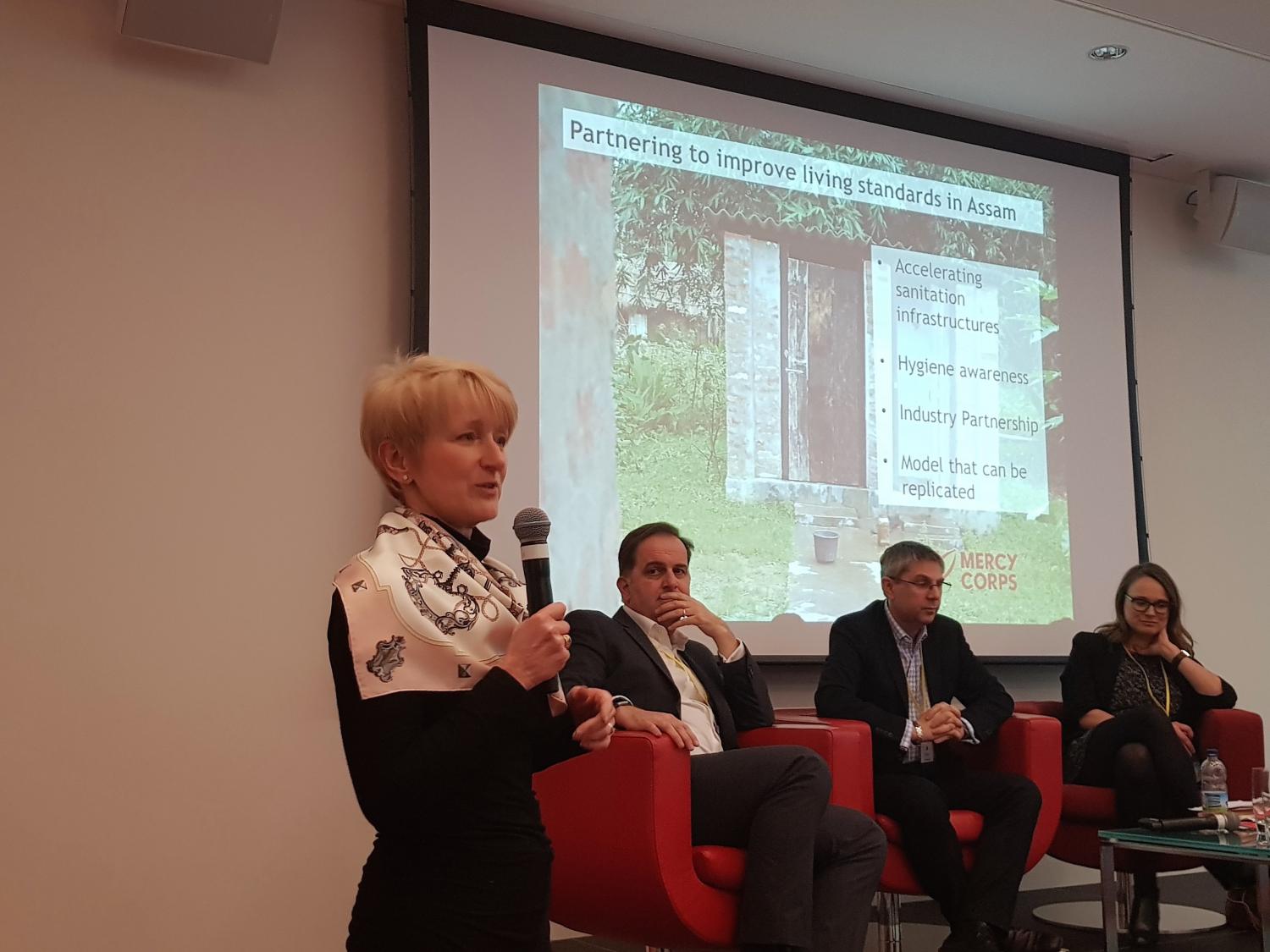
On 14th November Carbon Smart attended Front Group’s 2nd Modern Slavery & Supply Chain Summit hosted at Norton Rose Fulbright. Leading businesses took the centre stage and shared their experience and opinions, sparking fascinating debates and knowledge exchanges on the day. Here are some of the highlights and the key take home messages from the summit.
Audits are dead - now is the time for real action
Although audits are a widely used tool to tackle modern slavery, it is quite clear that they are not enough on their own. This is because it is not about making sure that a supplier is compliant on a given day, but rather making sure that they are compliant all year round and this requires more than an audit.
Throughout the day, we heard how businesses are taking this important matter into their own hands by adopting a more investigative approach. For example, businesses discussed how they were carrying out series of on-going supplier site visits throughout the year, both announced and unannounced. Some businesses shared how they were rolling out awareness programmes whereby they trained the staff, who is most likely to encounter cases of modern slavery, to identify such risks. Others described how they were engaging with suppliers’ staff to understand their wider working and living conditions to gain a better picture of what is happening in their supply chain.
Be transparent
Taking the first steps to disclosing what you are doing in this space is not easy. As businesses shared their stories, it became apparent that even those who are leaders in this field, they too, found the first steps of public disclosure daunting. However, everyone agrees on the importance of transparency: not one business regretted the decision to report on their approach to tackling modern slavery publicly. In fact, businesses found that they only received praise for their efforts to share what they were doing in this space, and indeed, it even helped some to break barriers and work more closely with other businesses and agencies to make a more meaningful impact.
If you walk away, you only help yourself
Businesses with clear plans to support victims, such as working with charities in this field, or working with suppliers to tackle cases of modern slavery, were celebrated on the day. We know that a third of modern slavery victims are re-trafficked and are extremely vulnerable. By providing support and economic security through employment we can give victims of slavery a chance to break the cycle. As such, it is key that we work with suppliers to find solutions to tackling the wider issue of modern slavery, because if a business simply walks away from a problem or a supplier, they are only helping themselves.
It was an inspiring day to learn about the different journeys that businesses take to address the risks of modern slavery whilst sharing insights with other businesses as to how they can also move beyond modern slavery statements to developing a clear and meaningful strategy. However, although the UK is a leader in this area with the introduction of the Modern Slavery Act, we still have a long way to go.
50% of eligible businesses have still not complied with the Modern Slavery Act and have not published their statement as required by the UK Home Office. Furthermore, of those 50% who have published a statement, there are many whose statements don’t meet the best practice guidelines set out the by the Home Office, highlighting a commitment versus investment gap. If this gap persists, we should expect a tightening of the regulation, as the business community becomes firmer on what is the minimum we expect from ourselves and our peers when tackling modern slavery.














